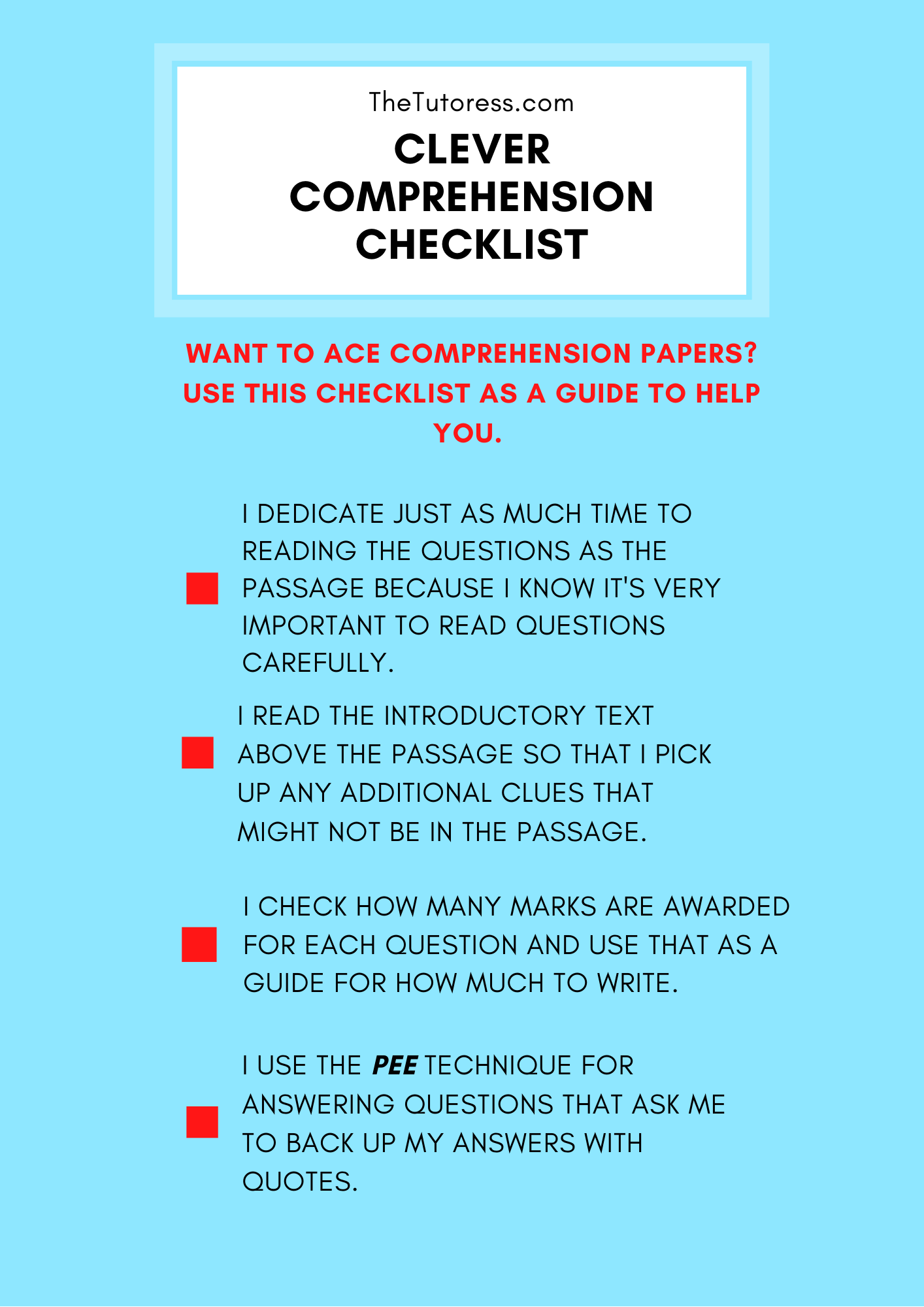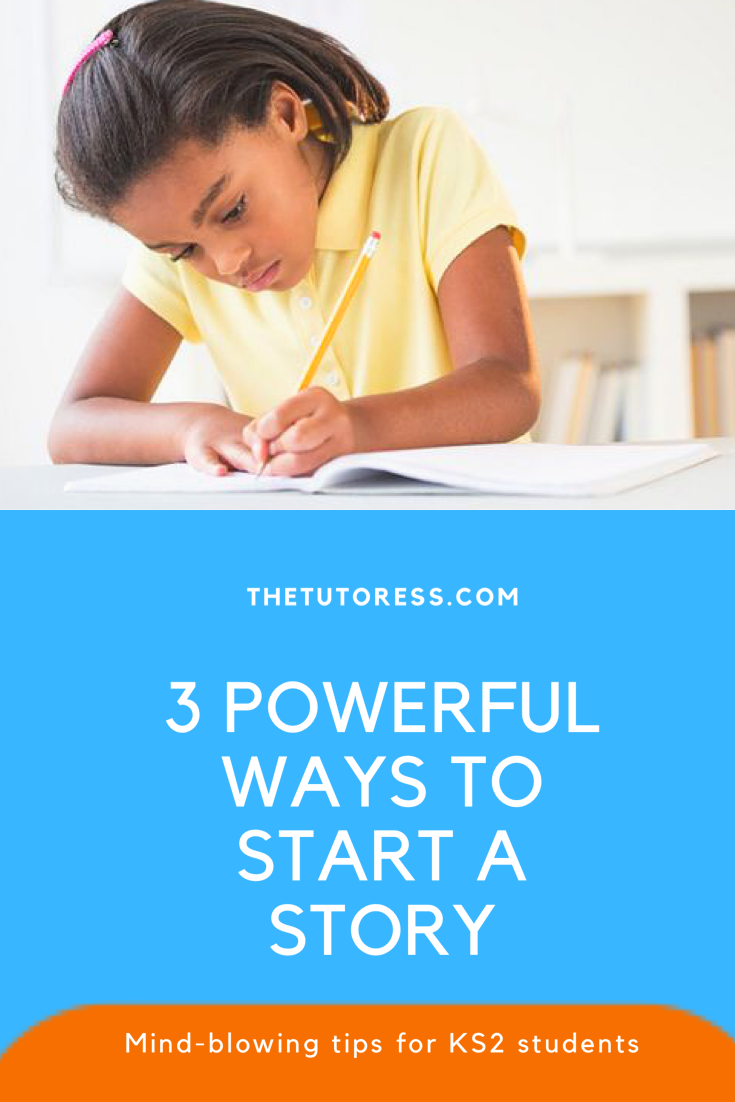For most parents, this is an incredibly confusing, stressful and difficult time. My heart particularly goes out to those who are struggling with bereavements, work issues and personal challenges.
This pandemic has changed the entire globe and it’s hard to tell how long it will last for. You might be wondering how it will impact your child’s learning, especially if they’re in Year 5 and are meant to be preparing to sit the exams later this year or in January 2021.
Some parents are choosing to stop 11+ prep altogether whilst others have no idea what to do.
To help, I thought I’d share some of my thoughts as well as 7 important tips for homeschooling your child during this unprecedented period of time.
Before I share these tips with you, I want to reinforce that homeschooling during this period shouldn’t be about trying to emulate their learning at school.
Please don’t expect your child to study for 7 hours a day! Homeschooling should involve just a few hours of learning (depending on your child’s age) and should incorporate a combination of academic study, discussion, extra curricular activities and developing soft skills.
To help you with supporting your child during this time, I’m sharing tips below:
Schedule Accordingly
There’s no telling when the quarantine period will come to an end and public gatherings such as school attendance become commonplace again, but our recommendation is that it’s best to assume that 11+ examinations will still take place in September 2020.
Westminster School have not amended their schedules, and Eton College have stated that their staff, including examination officers, are diligently working from home to prepare for the coming academic terms. Therefore, it’s best to assume that your child should prepare for the exam unless otherwise noted.
In the best case, your child will hopefully be prepared for ‘normal’ examination and term dates.
In the worst case, the academic term may be postponed or cancelled, but at least your child will have additional time to further prepare.
2. Use Your Time Wisely
Not having your child attend school regularly during quarantine is no doubt a setback, but thanks to the internet and the vast resources available for online learning (such as MOOCs, massive open online courses) there’s no excuse as to why your child shouldn’t have ample time to prepare.
There are many online resources available to assist children with the 11+ exams with plenty being completely free. Furthermore, instructional videos and learning materials on YouTube and elsewhere can supplement your child’s learning experience greatly.
3. Establish a Steady Routine
Not being able to go outside and do the things we love is a challenge for everyone, but a lack of routine for your child can quickly lead to bad habits. A critical component of the school system is schedule and routine, so try to encourage your child to wake up, eat breakfast, and to study at the same time during weekdays.
Allow time for breaks and let them talk with their friends online, but keep an eye on their progress and ensure that they are maintaining productive behaviour by having them learn, practise what they’ve learnt, and revise regularly.
4. Utilise Online Resources
As mentioned in the second tip, online tools for studying and practising for the 11+ exam abound. Websites such as IXL are a great place to start since they offer a comprehensive curriculum with maths and English resources to help your child learn in an immersive environment.
Keeping activity online is not only convenient for you, but it’s also one of the only options available if you don’t already have books to help them prepare. Bookstores are not an essential service and are therefore closed. Furthermore, Amazon has restricted its delivery to non-essential items, so you may find it difficult or impossible to find offline resources at the moment.
5. Read, Read, Read.
Some children enjoy reading more than others, but all children should be spending time reading during lockdown to ensure that they’re able to not only achieve great results on the 11+ exam, but to also succeed later in their academic lives. Since they aren’t in school anymore and thus may not be exposed to reading materials as before, it’s best to spend time curating books and stories appropriate for their age and reading level. Furthermore, newspaper articles, poems, and non-fiction books that you may have at home or online can be a great way to expose them to educational and stimulating content.
Encourage your child to read every day. Whether it’s alone or with a parent, always ensure that they’ve read something every day and have them paraphrase or summarise the chapter or article with you in the evening. Schools emphasise reading and teachers often encourage children to extract information and convey it in a meaningful way. Try to help your child to do the same.
Some free resources include: International Children’s Digital Library, Scribd, and Project Gutenberg.
6. Hire a Tutor
Education is one of the most important investments. As an investment, education tends to bear significant yields in income over time, not to mention personal fulfilment and enrichment. Although your income may have declined during the pandemic, spending some money on a reputable and experienced tutor can go a long way towards supporting your child’s academic achievements.
Naturally, tuition lessons will have to take place online during this period of time. With online tools such as Zoom and Skype, tutors from around the world can be hired to help your child prepare for their exams. Alternatively, if you’re on a budget, an online group programme or class can be extremely beneficial in helping children to reach their goals.
7. Diversify and Develop Skills
The 11+ exam measures your child’s performance in English and Maths, but it isn’t the only important factor for securing entry to the UK’s more selective schools or grammar schools. Most schools will evaluate your child based on an interview which looks for interpersonal skills and their capacity to learn. For this reason and many others, children should be well-rounded and they should aspire to take interest in many other subjects in addition to English and Maths.
Online classes can be a fantastic way to help them develop interpersonal skills and you can find a variety of classes online. Some examples of classes that you might want to consider are:
Coding
Cooking
Dance
Artificial Intelligence
Building skills in the above areas (and others) will encourage their creativity and develop their cognitive skills. Schools and educators tend to find cognitive skill development to be difficult to impart in children, so perhaps you can take some time to help your child by presenting them with different classes that they find enjoyable whilst also developing their creative thinking, logic, and information retention capacities.
Coursera and Khan Academy are two examples of great quality MOOCs and online learning content for children of all ages. Just take some time to filter through their libraries to find something age-appropriate and interesting enough for your child.
Help Your Child Achieve Their Very Best
It’s anyone’s guess as to when things will go ‘back to normal,’ but in terms of your child’s academic future, now is a great time to capitalise on their aspirations and to help them prepare for a brighter future.
In summary, there are three key things you can do: create a solid routine for your child, spend plenty of time with them and assume September examinations are still going ahead.
Finally, keep their spirits high by retaining a positive attitude and encourage your child to do their best.








